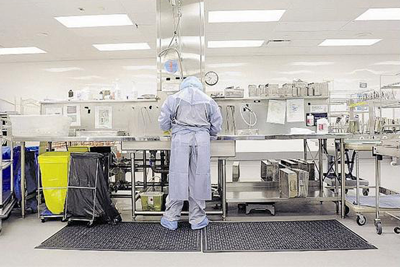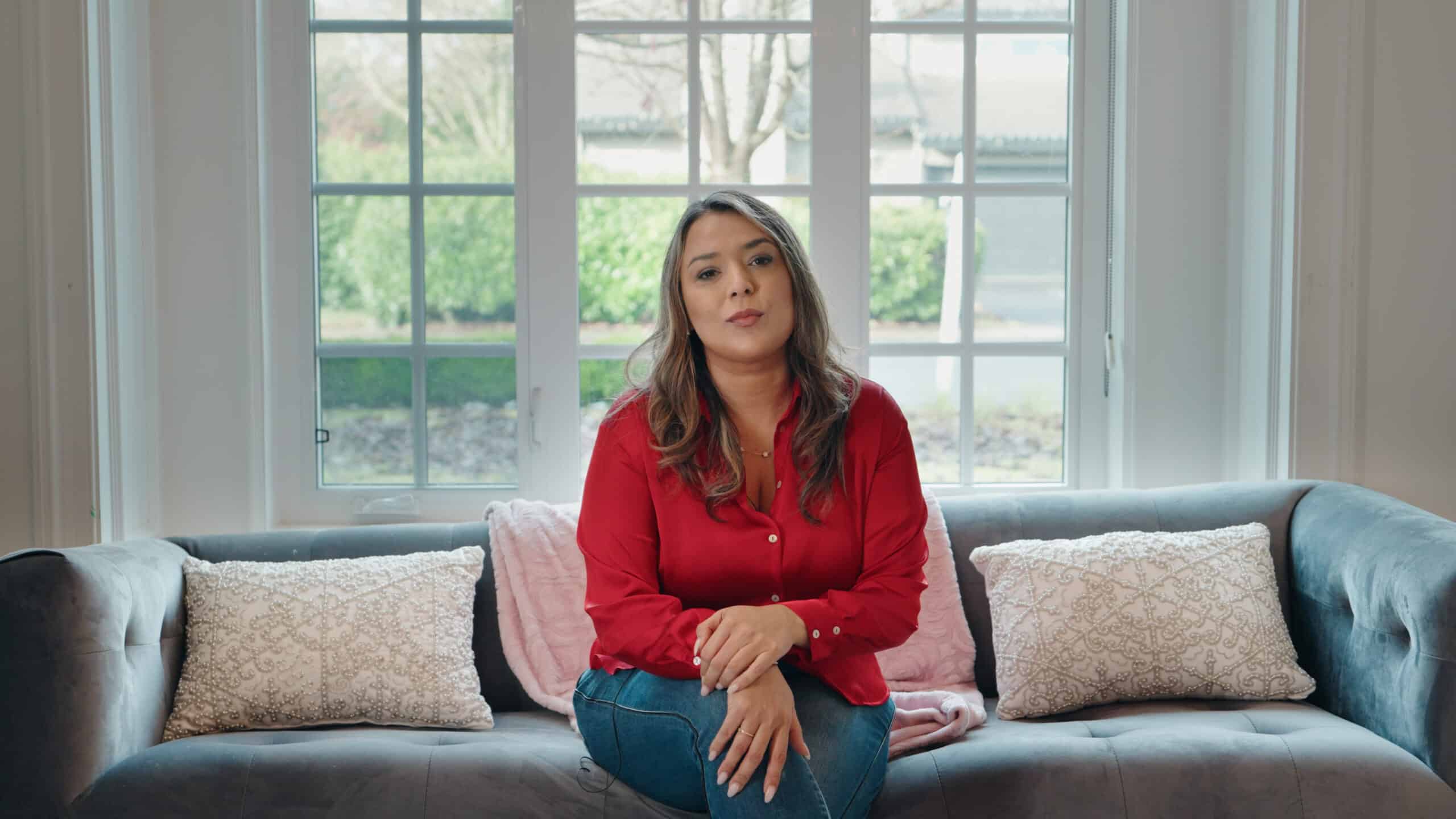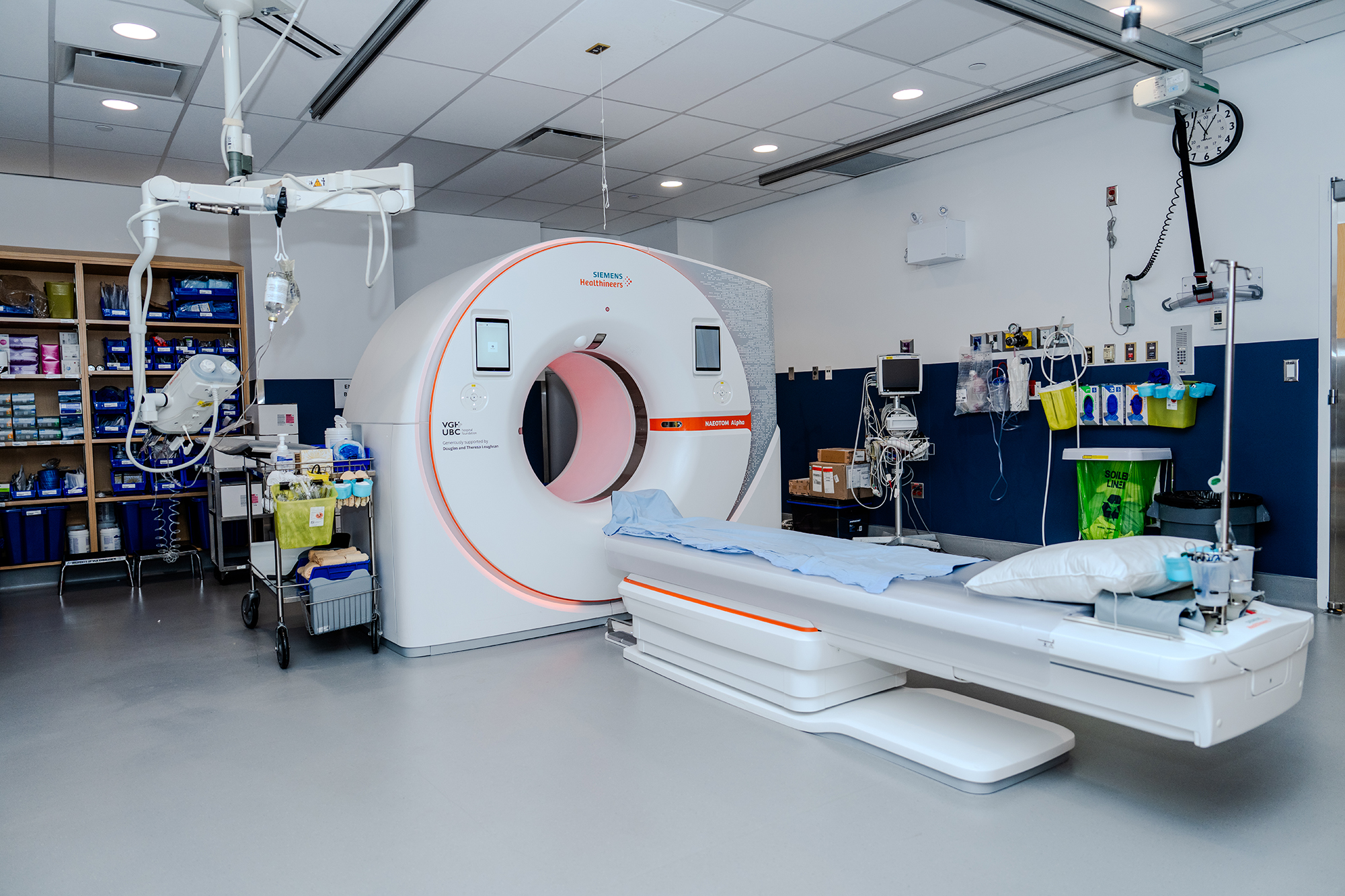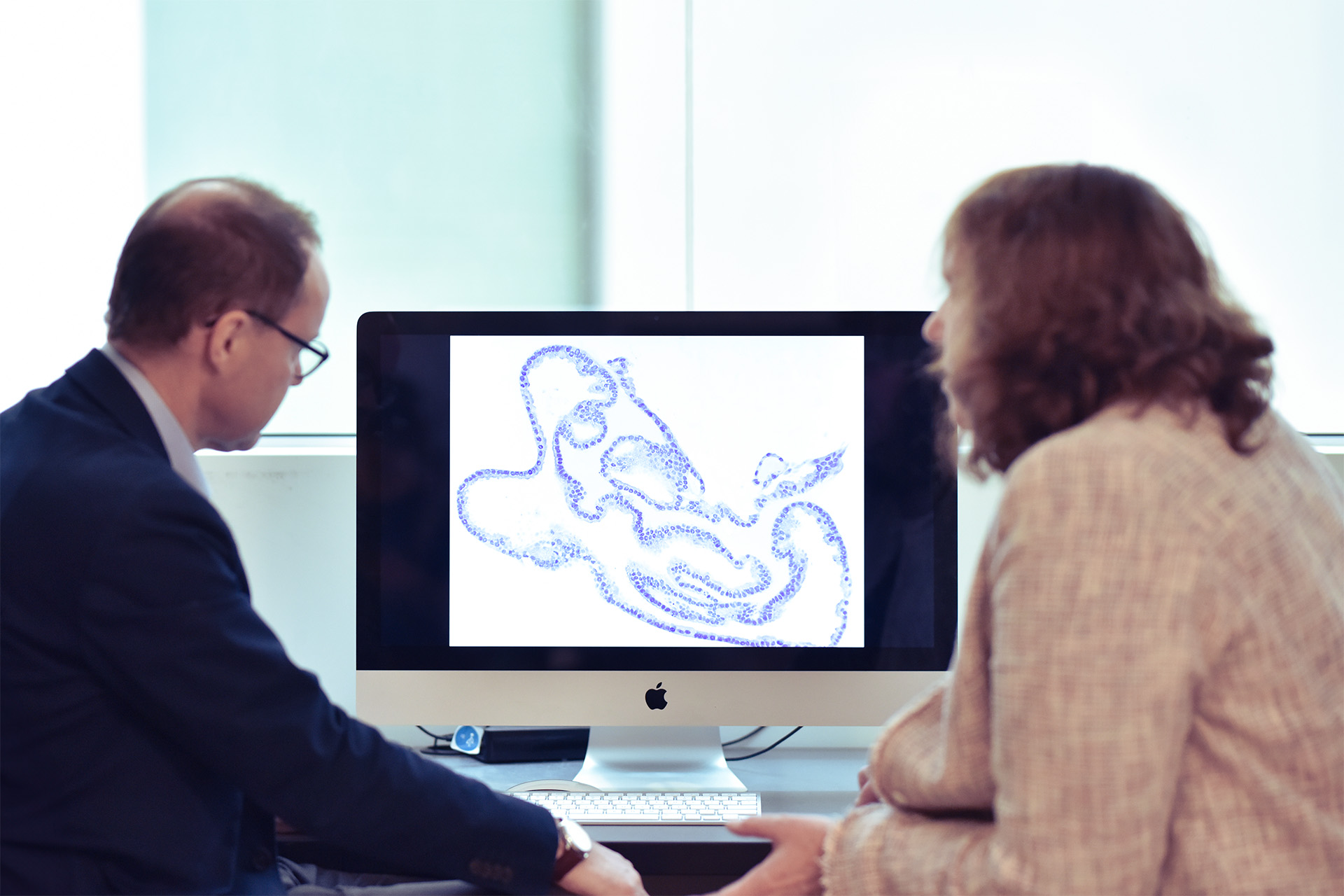
Success: Vancouver Coastal Health meets the demands of a staggering number of people
BY KIP WOODWARD, VANCOUVER SUN
The demand is relentless.
Two years ago in a piece on this page, I wrote how the number of people using Vancouver Coastal Health’s emergency department in 2011 were on the rise. One year ago, I wrote that the ED numbers had increased again by 4.5 per cent to 368,547 visits, meaning more than a thousand people a day were using VCH emergency departments. Now, in 2013, emergency visits are up a further 8,700 cases, or nearly four per cent over last year.
And in 2013, VCH handled over 5,600 more in-patient cases, up 10.4 per cent, and provided an additional 80,000 hours in home support, up almost five per cent.
The demand for health care and health services is relentless, but then so are the providers who deliver that care. That VCH employees and facilities are able to handle these numbers for Vancouver, Richmond, the North Shore, the Sunshine Coast, Pemberton, Whistler, Bella Bella and Bella Coola – and treat all the people the numbers represent universally well – is remarkable and humbling.
It begins with the people providing the care. Our board is an unreserved cheerleader for our staff and the difficult work they perform. Of course, we may not always get it right, but we are committed to trying to do so.
You’ll see a fraction of these 17,895 people in January, when Knowledge Network airs a sixpart documentary on life in the Vancouver General Hospital ED, capturing a little of the drama, tragedy and humour in one of Canada’s largest and busiest trauma centres.
It continues with facilities. This year we unveiled a $44.2-million expansion and renovation of St. Mary’s Hospital in Sechelt that provided new and larger emergency and radiology departments, five new medical/surgical beds, and state-of-the-art single patient rooms. Reflecting concern for mental health service and care, construction began on the Joseph and Rosalie Segal Family Health Centre, an $82-million mental health treatment facility at VGH. Meanwhile, construction is underway on the Hope Centre in North Vancouver, a $62.2 million acute mental health facility on the Lions Gate Hospital campus to open in the spring.
In Powell River, ground was broken on the $26.5-million Willingdon Creek Village, a residential care facility that will replace the aging Olive Devaud Residence.
The third component of VCH’s ability to continually improve is innovation. VCH is relentless in striving to make B.C. the most forward-thinking and innovative care provider in the country, especially in mental health and with the elderly. Such innovation can be found in ways big and small across the full range of VCH facilities.
VGH was the first in Canada to use superbug-killing robot TRU-D to kill germs and viruses such as norovirus, influenza and C. difficile in-patient isolation rooms, operating rooms and other areas.
And, this year, North America’s only supervised injection site – Insite – marked its 10th anniversary, which, since its inception in 2003, has not recorded a single overdose death and referred over 4,600 clients to social, health and detox services.
A program called Releasing Time to Care at Richmond and Squamish general hospitals saw a 29 per cent reduction in falls, decreased interruptions and less waste, resulting in savings of 240 nursing hours, per patient, per year. This initiative will receive a 2014 BC Patient Safety and Quality Council Award in the new year.
Of course not all innovation comes from inside the system. It comes from community dialogue.
The ongoing redesign of services in Vancouver’s Downtown Eastside involves residents, clients and partners while VCH continues to work with the First Nations Health Authority and its communities.
Despite successes, we must keep going. We continue to push to keep the innovation drive alive but wonder if we will hit a tipping point of demand and sustainability.
We know we are living longer but with more concurrent chronic diseases, placing pressure on our public resources. As ongoing community dialogue grows on end-oflife issues, defining what the public should and shouldn’t pay for, provision of choice in service delivery, and assisting and servicing the growing demographics that involve mental health and the elderly, we’ll be attuned and looking to innovation to meet emerging needs. Such dialogue can be uncomfortable, but B.C. is an innovative society and one well-positioned to be a leader on such issues.
Achieving this is not easy, but little in health care is. The only constant is demand for care and services. Fortunately, the demand continues to be met by the remarkable people and facilities of VCH, and our tireless health care providers across the province.
Kip Woodward is chair of Vancouver Coastal Health
© Copyright (c) The Vancouver Sun
Share this:



